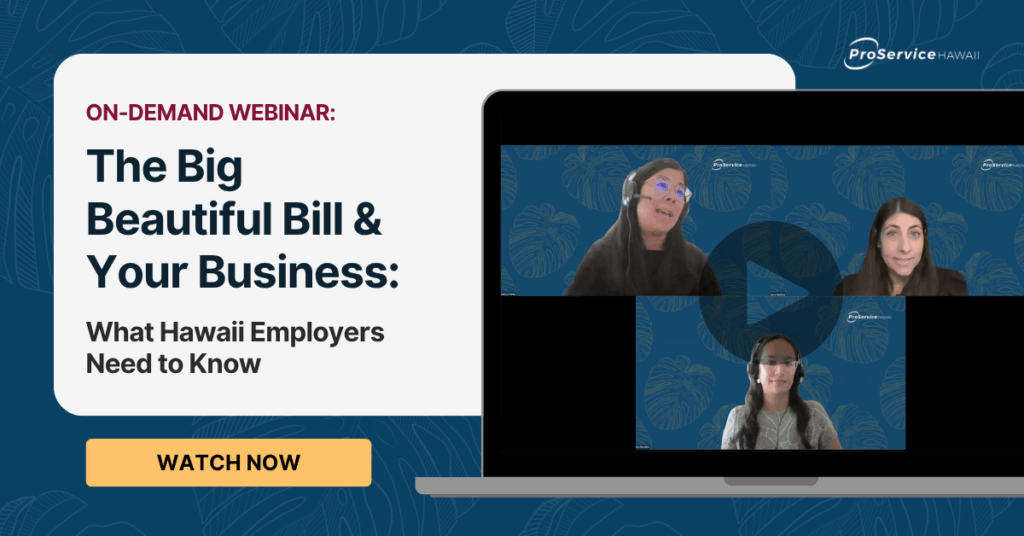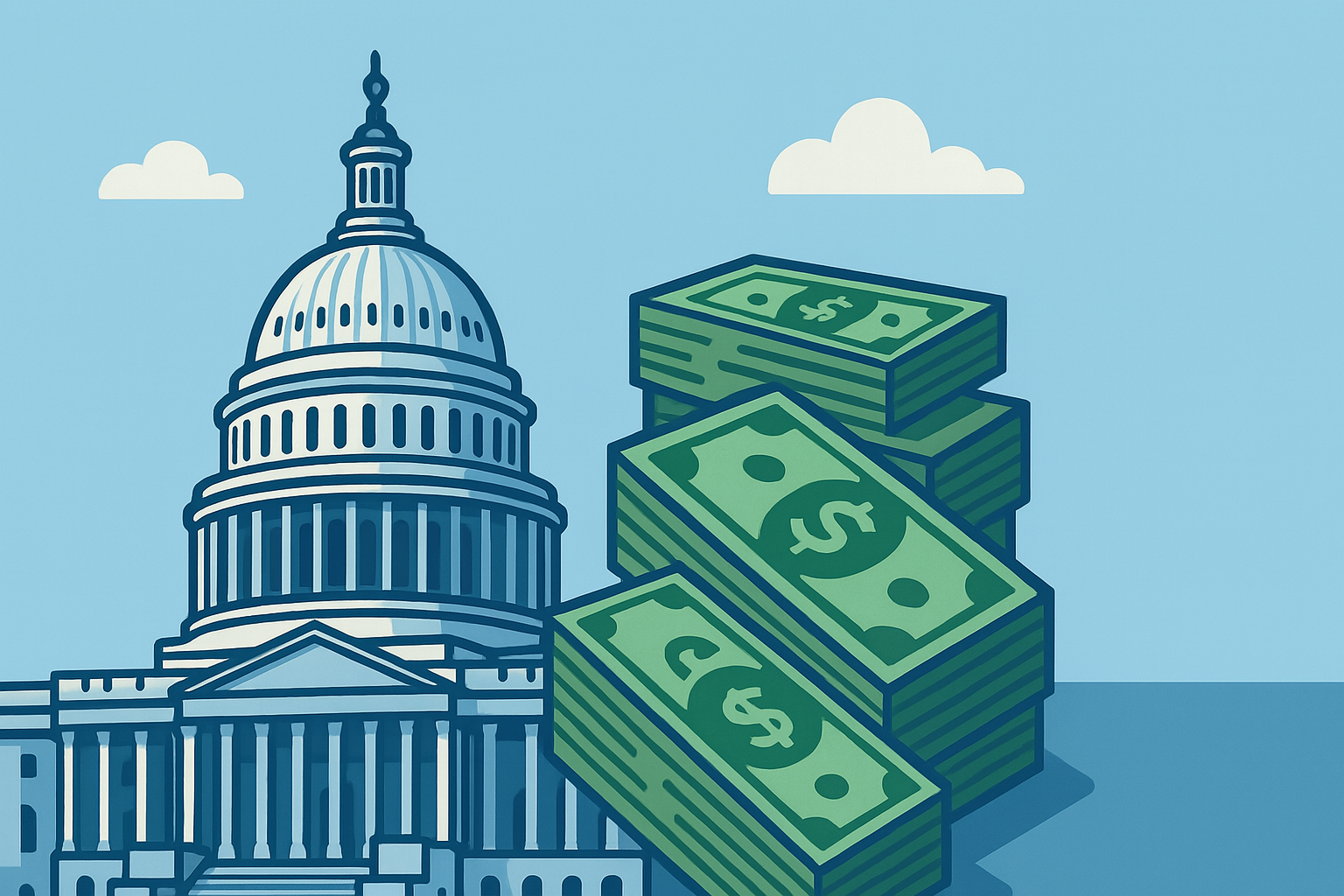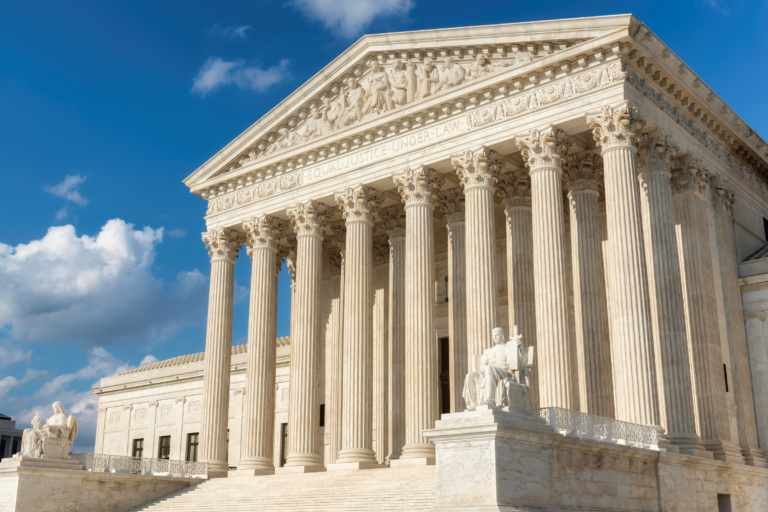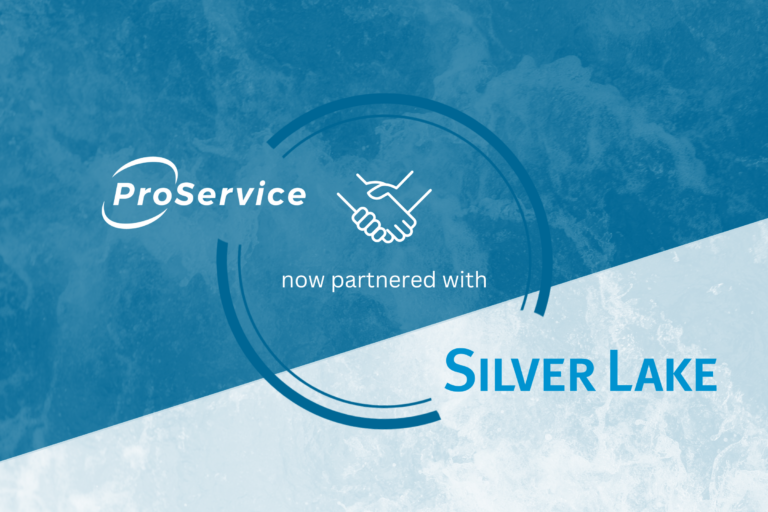What Hawaiʻi Business Owners Need to Know About the One Big Beautiful Bill Act (OBBBA)
At ProService Hawaii, we know that keeping up with new federal legislation can be challenging—especially when it impacts your workforce and payroll practices. One of the most talked-about new federal proposals, the One Big Beautiful Bill Act (OBBBA), introduces significant changes aimed at providing tax relief to workers. But what does this mean for Hawaiʻi employers?
In this article, we break down how OBBBA could impact your business, particularly if you're in hospitality, green tech, or operate across multiple states. And as always, we share how ProService is here to guide and support you through these changes.
The Two Most Talked-About Provisions
1. "No Tax" on Tips
Under OBBBA, eligible workers will be able to deduct up to $25,000/year in qualified tip income from their federal taxes. This deduction phases out at higher incomes (over $150,000 for individuals and $300,000 for joint filers) and applies only to occupations that “customarily and regularly” received tips before the end of 2024.
For Hawaiʻi’s hospitality and restaurant industries—where tipping is a big part of compensation—this provision could offer meaningful tax relief to employees. However, it also introduces new tax reporting and compliance requirements for employers. Mandatory service charges and tips from high-income professions are excluded, and we expect the IRS to clarify which roles qualify later this year.
2. "No Tax" on Overtime
The OBBBA also allows employees to deduct up to $12,500/year ($25,000 for joint filers) in federally mandated overtime pay. This applies only to overtime required under the Fair Labor Standards Act (FLSA)—not to overtime required by state law or union agreements.
For Hawaiʻi employers in sectors such as retail, manufacturing, healthcare, and hospitality, this change requires careful tracking of overtime pay. The IRS will release an updated W-2 template to help employers separately report qualifying overtime and tips starting from tax year 2025.
Important note: These deductions do not change the way you withhold taxes from paychecks—they are claimed by employees when they file their tax returns. States may or may not adopt similar deductions.
Specific Impacts on Hawaiʻi Businesses
Tipped Wage Employers
Restaurants, hotels, and other hospitality businesses in Hawaiʻi should be prepared to handle new tip income reporting standards. Keeping accurate records and preparing to adopt updated payroll processes will be crucial.
Employers with Hourly Overtime Workers
If your team includes non-exempt employees working overtime, you'll need to separately track and report FLSA overtime pay to support employees’ federal deductions. This impacts many local industries beyond hospitality, such as healthcare and retail.
Clean Energy and Green Tech Employers
Companies in solar, wind, battery storage, and other green technologies may see reduced federal tax support as key credits are phased out. This could affect hiring plans, project costs, and overall financial strategies.
Multi-State Employers
Businesses operating in multiple states face the added challenge of federal-state tax mismatches. The OBBBA’s changes may not align with each state’s tax rules, creating additional layers of compliance.
Additional Considerations: I-9 Compliance and ICE Enforcement
OBBBA includes increased funding for ICE workplace enforcement, signaling more frequent audits and investigations. Hawaiʻi employers should proactively review and update their I-9 documentation. The penalties for non-compliance can be severe, and preparation is essential.
How ProService Hawaii Can Help
At ProService, we understand that these changes bring uncertainty—but you’re not alone. Here’s how we can support you:
We’ll assist with implementing the “no tax on tips” and “no tax on overtime” provisions by ensuring accurate payroll processing and reporting. Our systems will adapt to separate tracking of wages, tips, and overtime as required.
We’re closely monitoring federal updates and will ensure your W-2 forms meet new reporting standards. When the IRS finalizes new templates, our team will be ready to help you integrate them seamlessly.
For sectors heavily affected by OBBBA—hospitality, green energy, healthcare, and more—our HR and compliance experts can help you plan ahead, scale responsibly, and minimize risk.
Navigating differences between federal and Hawaiʻi state tax rules can be complex. We provide expert guidance to help you stay compliant and reduce administrative headaches.
Starting in 2026, you may opt to increase the Dependent Care FSA contribution limit to $7,500 (up from $5,000), offering more flexibility for supporting your employees’ families.
We provide tools and resources—such as audit checklists, template communications, and on-demand compliance training—to help you stay audit-ready and protect your business.
We're in This Together
The OBBBA introduces big changes, and more guidance will continue to emerge from federal agencies. At ProService Hawaii, we are committed to keeping you informed and supported every step of the way.
If you have questions or need help preparing, our team of HR, payroll, and compliance experts is here to partner with you. Let’s navigate these new waters together—so you can stay focused on what you do best: taking care of your employees and growing your business.

On-Demand Webinar
The Big Beautiful Bill & Your Business: What Hawaii Employers Need to Know








